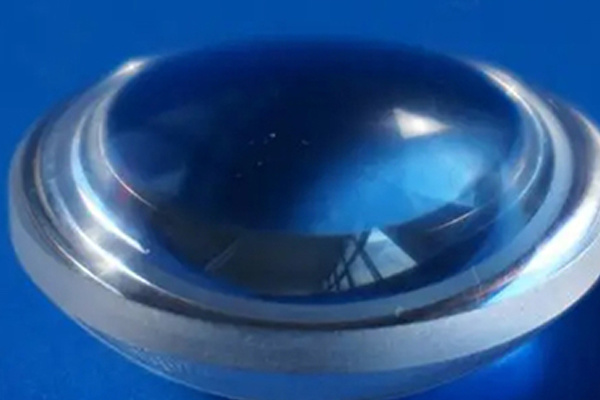Medical blood vessels
Release time:
2023-11-30
Engineering plastics are becoming increasingly prevalent in the healthcare industry, particularly in the field of medical blood vessels. These materials offer a range of advantages over traditional materials such as metal or glass, making them an ideal choice for various applications in this sector.
One key benefit of engineering plastics is their excellent biocompatibility. Medical blood vessels made from these materials can safely and effectively interact with the human body without causing any adverse effects. This is crucial for ensuring the success and longevity of medical procedures involving blood vessels, such as vascular grafts or stents.
Another advantage of engineering plastics is their high strength and durability. Medical blood vessels need to withstand the constant flow and pressure of blood, as well as the potential stress from the surrounding tissues. Engineering plastics, such as polyethylene or polyurethane, have superior mechanical properties that allow them to maintain their structural integrity over time. This ensures a longer lifespan for the blood vessels and reduces the need for frequent replacements or revisions.
Furthermore, engineering plastics offer greater flexibility and ease of manufacturing compared to other materials. They can be easily molded into complex shapes, allowing for the production of blood vessels with customized designs that closely mimic natural anatomical structures. This can improve the overall performance and functionality of the blood vessels, enhancing their compatibility with the specific needs of patients.
In addition, engineering plastics have excellent chemical resistance and can withstand exposure to various fluids and medications commonly used in medical procedures. This makes them highly suitable for applications where the blood vessels come into contact with drugs or other substances. It also reduces the risk of material degradation or corrosion, ensuring the long-term reliability of the blood vessels.
Moreover, engineering plastics have a lower risk of infection compared to other materials, such as metal or glass. Their smooth surface and resistance to bacterial colonization make them less prone to biofilm formation, a common cause of infections. This is particularly important in medical blood vessels, where infections can have serious consequences for patients.
In conclusion, the application of engineering plastics in medical blood vessels offers numerous advantages. Their biocompatibility, strength, durability, flexibility, and chemical resistance make them an excellent choice for various medical procedures involving blood vessels. As technology continues to advance, engineering plastics are likely to play an increasingly significant role in improving the quality and effectiveness of medical treatments.
Previous article
Previous article
Recommended Products
2023-11-30
2023-11-30
2023-10-10
2023-11-30
Packaging and advertising signage
2023-10-12
Laptops and thin-walled applications
2023-11-30







